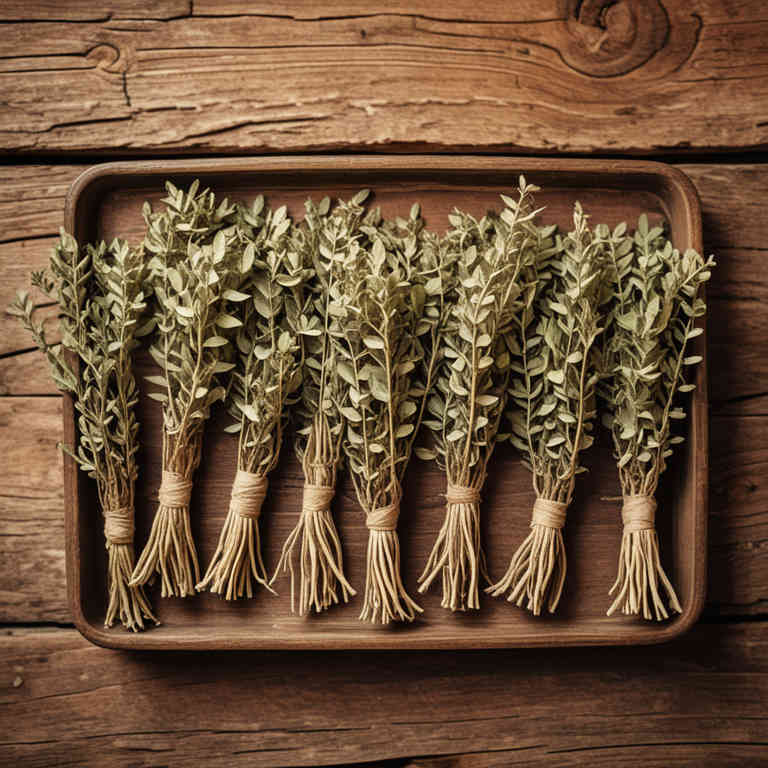Phyllanthus niruri mucillage for medicinal use

Phyllanthus niruri mucillage is a viscous, gel-like substance derived from the plant Phyllanthus niruri, commonly known as stonebreaker or ecballium.
This preparation is obtained by extracting the mucilage from the seeds of the plant through a process of soaking and grinding. In herbalism, it is used for its purported detoxifying and anti-inflammatory properties. It is traditionally employed to support liver health and aid in the treatment of urinary tract infections.
The mucilage is believed to help in the elimination of toxins from the body and may also have a soothing effect on the gastrointestinal tract.
Uses
Phyllanthus niruri mucillage has been used to treat various ailments in traditional medicine systems across Asia and Africa for centuries.
Historically, it was valued for its purported ability to support liver health and detoxification, and it has been used in Ayurvedic and Chinese medicine to address conditions like hepatitis and gallstones. In modern times, scientific research has explored its potential anti-viral, anti-inflammatory, and antioxidant properties, leading to its inclusion in some herbal formulations for liver support. It is also being studied for its role in managing metabolic disorders and enhancing overall digestive wellness.
Despite its traditional roots, the mucilage from Phyllanthus niruri continues to attract interest in both traditional and contemporary health practices.
Benefits
Phyllanthus niruri mucillage has health benefits such as supporting liver function, promoting urinary tract health, and potentially aiding in the management of diabetes.
It is traditionally used in herbal medicine to detoxify the body and may help in reducing inflammation. The mucilage content provides a soothing effect, making it beneficial for digestive health. It also exhibits antioxidant properties that can protect cells from oxidative stress.
This preparation is often used to support overall wellness and may contribute to the treatment of various ailments when used under professional guidance.
Constituents
Phyllanthus niruri mucillage active constituents include saponins, flavonoids, alkaloids, and polyphenols, which contribute to its medicinal properties.
These compounds are known for their antioxidant, anti-inflammatory, and hepatoprotective effects. The mucilage, a gel-like substance, helps in soothing the digestive tract and may aid in the treatment of ulcers and gastrointestinal disorders. It is also believed to support liver function and may have antimicrobial properties.
This herbal preparation is traditionally used in Ayurvedic and Chinese medicine for various health benefits.
Preparation
To make Phyllanthus niruri mucillage, start by collecting fresh or dried leaves of the plant.
Wash the leaves thoroughly and soak them in water for several hours to allow the mucilage to dissolve. Strain the mixture through a fine mesh or cheesecloth to separate the liquid from the solid residue. The resulting mucilage can be used as a topical application or consumed as a herbal remedy.
This preparation is known for its potential anti-inflammatory and detoxifying properties.
Side Effects
Phyllanthus niruri mucillage may lead to gastrointestinal discomfort, including nausea, vomiting, and diarrhea, due to its high mucilage content.
It may also cause allergic reactions in individuals sensitive to plants in the Euphorbiaceae family. Long-term use could potentially interfere with kidney function, although more research is needed to confirm this. There is limited evidence suggesting it may affect liver enzymes, but further studies are required.
As with any herbal preparation, it is important to consult a healthcare professional before use, especially for those with pre-existing medical conditions.